Page 15 • (1,476 results in 0.015 seconds)
-
A key objective of the PLU Undergraduate Business program is to graduate students who are effective communicators.
Guide (7th edition) for formal assignments. The resources below are available to assist students in properly documenting sources. PLU Writing Center – Work one-on-one trained peer writing consultants at any point in the assignment writing process. The Writing Center is located in Library 220 and appointments can be made using the online scheduling tool . Purdue Online Writing Lab (OWL) APA Guide – This go to site provides a variety of tools and information to help demystify the APA citation process.
-
20 semester hours including: Three core courses are required 12 semester hours PPAP 301/ENGL 311/COMA 321: The Book in Society (4) PPAP 302/ENGL 312/COMA 322: Publishing Procedures (4) PPAP 321/
students with talents and interests in writing, graphic design, communication, or business a head start into the world of publishing and a broad variety of related professions. The PPA program readily complements majors concerned with language and the written word, such as English, languages, education, history, public relations, journalism, marketing, and graphic design. But students majoring in a wide spectrum of disciplines—from biology to music to anthropology—have discovered the value of a PPA
-
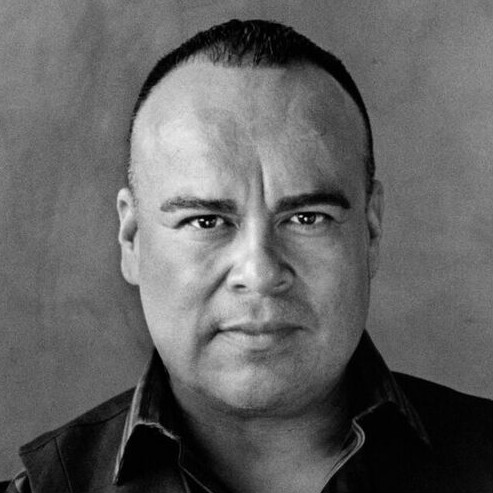
Fiction, Nonfiction, Poetry | MFA in Creative Writing - Low Residency | Rigoberto González is the author of four books of poetry, most recently Unpeopled Eden, which won the Lambda Literary Award and the Lenore Marshall Prize from the Academy of American Poets, and eleven books of prose, including Butterfly Boy: Memories of a Chicano Mariposa, which received the American Book Award from the Before Columbus Foundation.
poetry, the Shelley Memorial Award from the Poetry Society of America, The Poetry Center Book Award, and the Barnes & Noble Writer for Writers Award, he is contributing editor for Poets & Writers Magazine and writes a monthly column for NBC-Latino online. Currently, he is professor of English at Rutgers-Newark, the State University of New Jersey, and the inaugural Stan Rubin Distinguished Writer-in-Residence at the Rainier Writing Workshop. In 2015, he received The Bill Whitehead Award for Lifetime
-
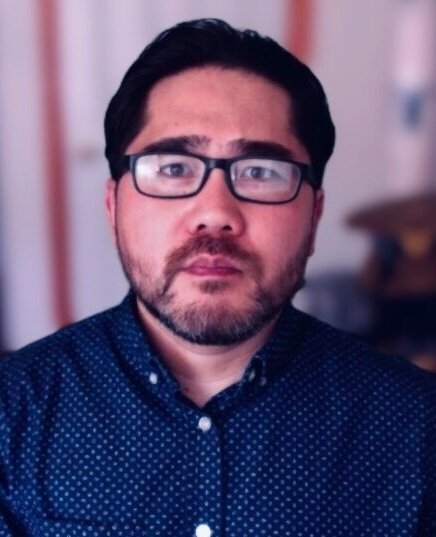
Fiction | MFA in Creative Writing - Low Residency | Sequoia Nagamatsu is the author of the national bestselling novel, How High We Go in the Dark (William Morrow, 2022), a New York Times Editors’ Choice, and the story collection, Where We Go When All We Were Is Gone (Black Lawrence Press, 2016), silver medal winner of the 2016 Foreword Reviews Indies Book of the Year Award.
Magazine, and One World: A Global Anthology of Short Stories, and has been listed as notable in Best American Non-Required Reading and the Best Horror of the Year. He has previously taught at The College of Idaho, Southern Illinois University, and the Martha’s Vineyard Institute of Creative Writing. He currently teaches at St. Olaf College and resides in Minneapolis. He is at work on forthcoming novel, Girl Zero. More at http://SequoiaNagamatsu.com. Mentor. Workshops and classes in fiction. Statement
-
J-Term 2016 Spring 2016
First Year Experience Course DescriptionsFYEP 190 Course DescriptionsJ-Term 2016 Spring 2016WRIT 101 Course DescriptionsFall 2016 FYEP 101 Writing Seminars Writing 101 Seminars for Cornerstones Program (101-190 linked seminars) Writing Seminars linked to Residential Learning Communities
-
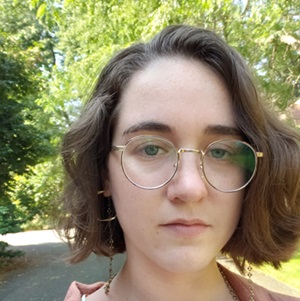
Visiting Assistant Professor of English | Department of English | estrubbe@plu.edu
Erin Strubbe Visiting Assistant Professor of English Email: estrubbe@plu.edu Office Location: Hauge Administration Building - 227 I Professional Education MFA, Creative Writing, University of Washington, 2022 B.A., English/Creative Writing, Mills College, 2017 Areas of Emphasis or Expertise Fiction Writing Speculative and Science Fiction Gender Studies
Contact Information -
As a part of the Publishing & Printing Arts minor, students need up to 8 semester/credit hours from at least two of the following categories.
Elective CoursesAs a part of the Publishing & Printing Arts minor, students need up to 8 semester/credit hours from at least two of the following categories. These categories act as supplemental learning areas to the PPA core, allowing students to choose which areas they would like to focus on. Writing/Editing This category of elective courses focuses on students’ writing abilities and editing skills. The approved English or Communication courses give students the opportunity to focus on
-
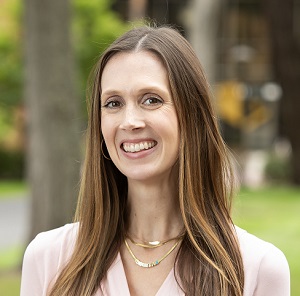
Visiting Assistant Professor of English | Department of English | miranda.morgan@plu.edu | 253-535-7229
Miranda Morgan Visiting Assistant Professor of English Phone: 253-535-7229 Email: miranda.morgan@plu.edu Office Location: Hauge Administration Building - 227-H Professional Additional Titles/Roles Director, The Writing Center Education M.F.A., Creative Writing, Nonfiction, University of Montana, 2019 B.A., Literature and Creative Writing, University of California, Santa Barbara, 2014
-
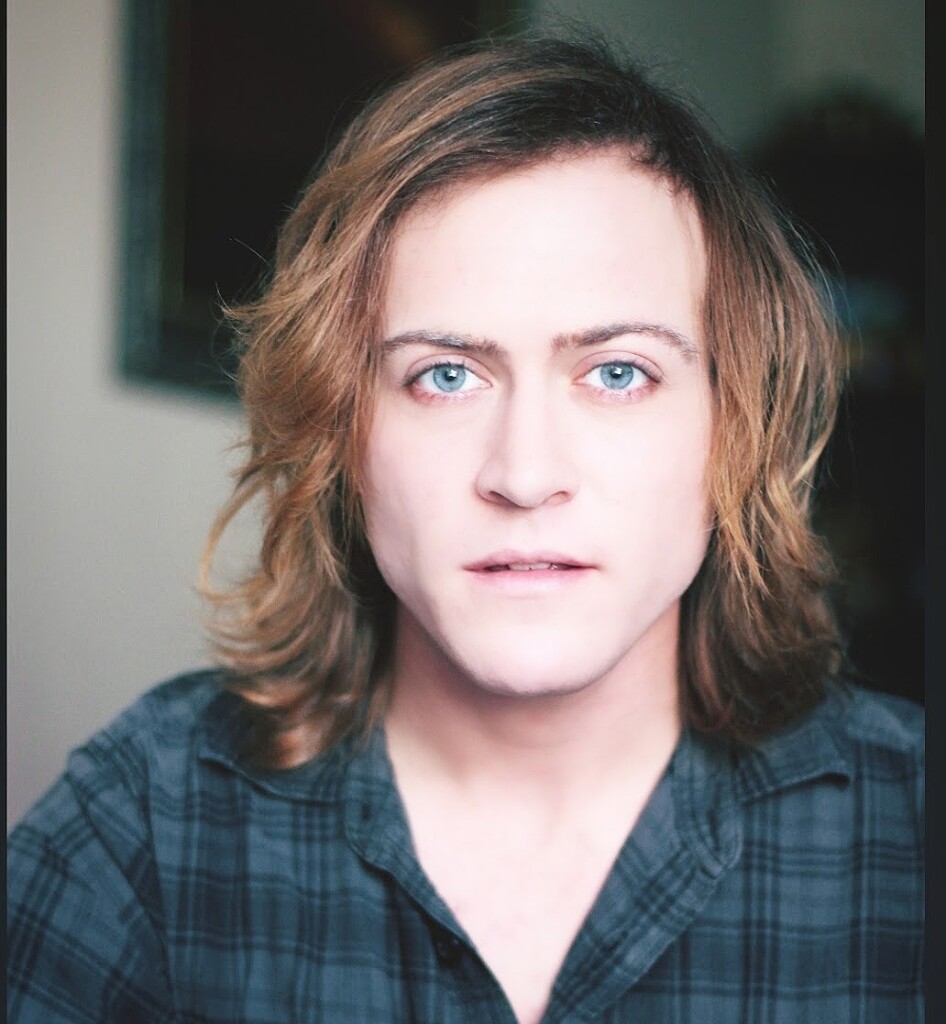
Visiting Assistant Professor of English | Department of English | lenk@plu.edu | 253-535-7873
Jerico Lenk Visiting Assistant Professor of English he / him / his Phone: 253-535-7873 Email: lenk@plu.edu Office Location: Hauge Administration Building - 220-G Website: https://www.lenkcreative.com Curriculum Vitae: View my CV Professional Personal Education MFA, Creative Writing, University of Washington, 2022 B.A. , English with Creative Writing Concentration, University of South Florida, 2019 B.A. , History, University of South Florida, 2019 Areas of Emphasis or Expertise Creative Writing
-
Originally Published in 2014 When I was a graduate student at the University of Iowa, the classicist and writer Anne Carson came to campus to give a reading and a colloquium. During the colloquium, she was asked how she navigated among the wild variety of…
creative work, another for her scholarship and teaching. Even then I knew, of course, that the scholarly and the creative were false categories. A poem was as much the result of a poet’s deep critical study of poetry as it was the result of inspiration. In the same way, the best scholarship that I read at the time— Richard Poirier on Robert Frost, Helen Vendler on Wallace Stevens, and Carson herself on Paul Celan—had a dazzling creativity of insight that made scholarly writing as artful as the works
Do you have any feedback for us? If so, feel free to use our Feedback Form.


